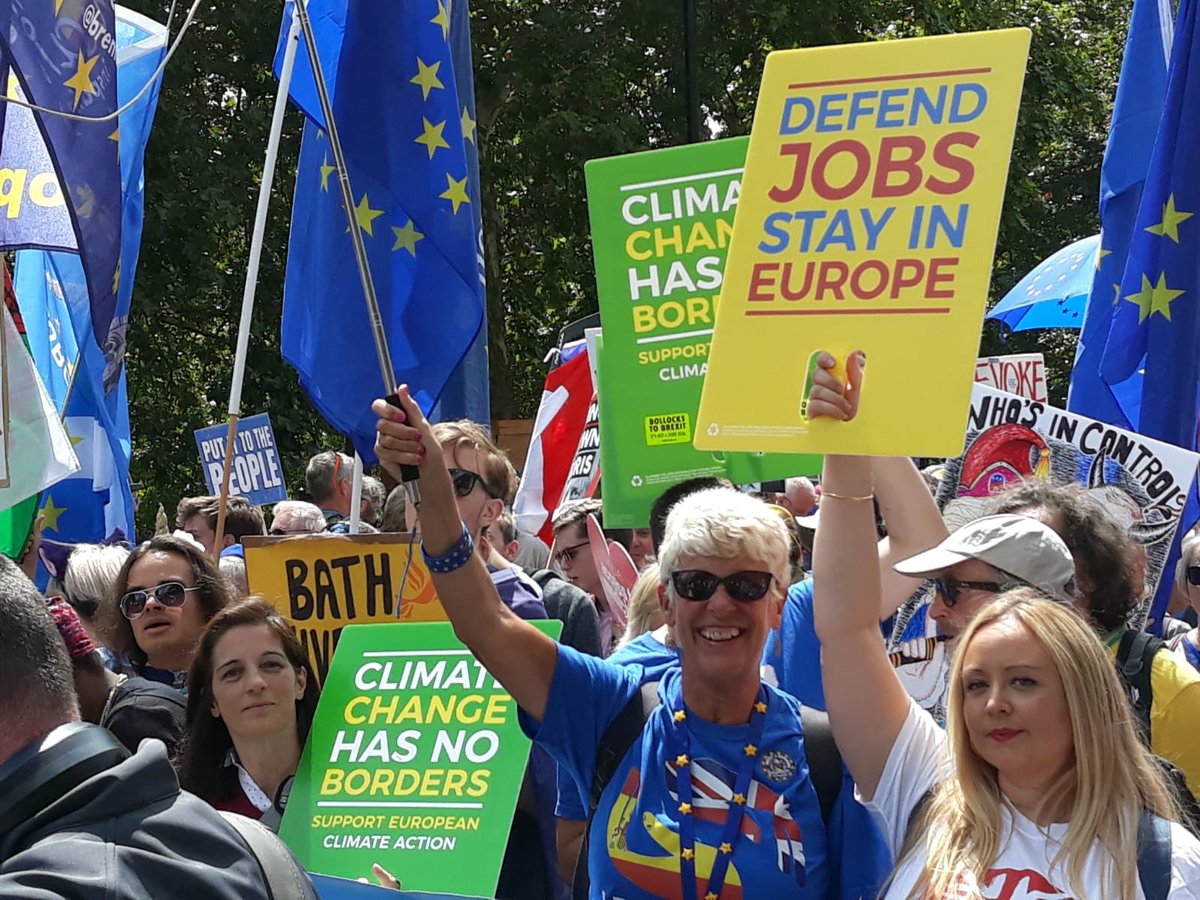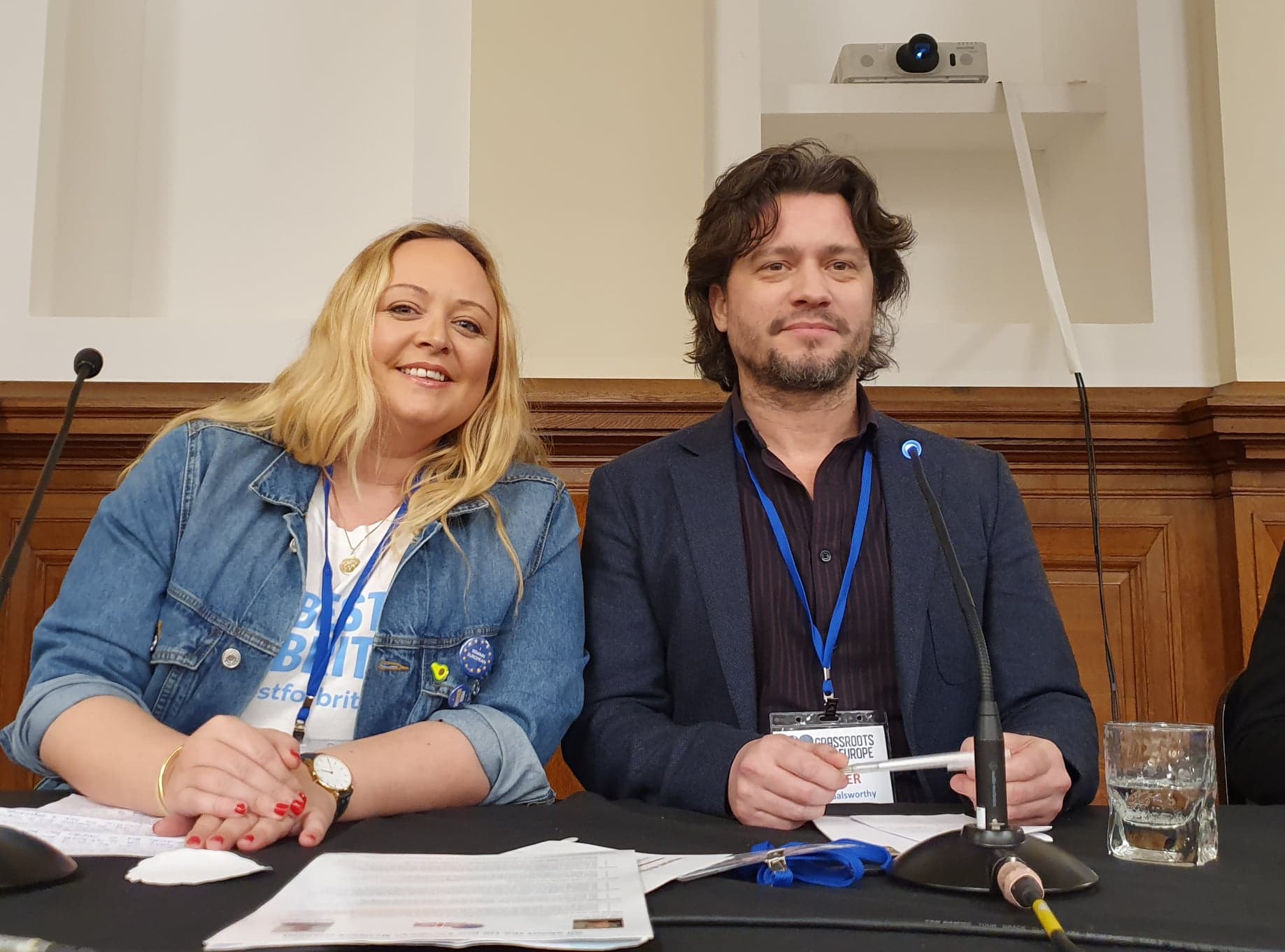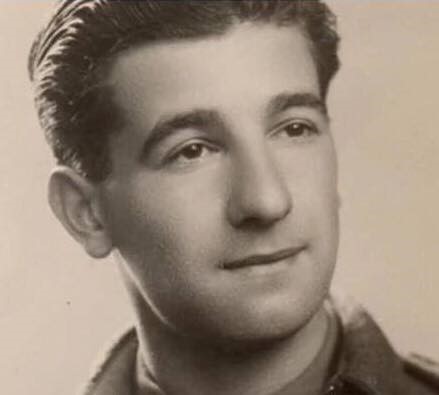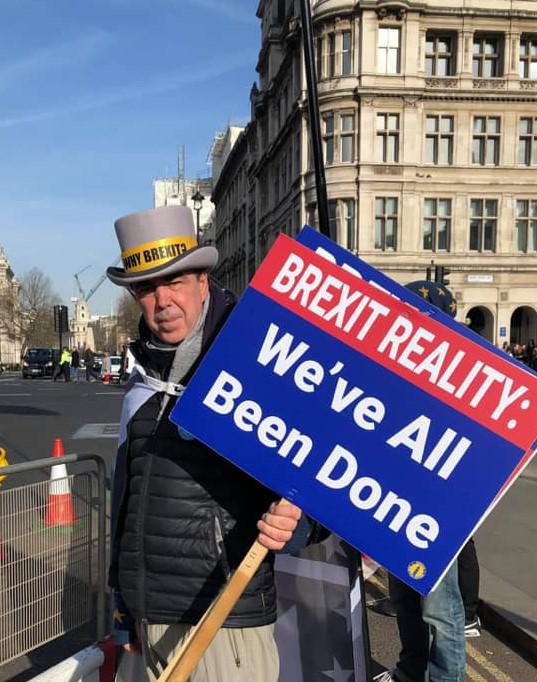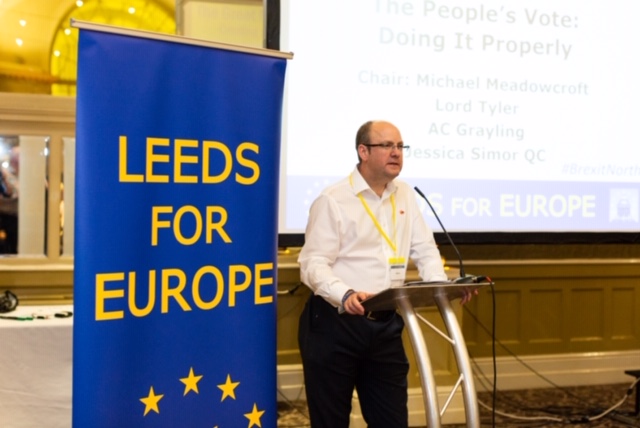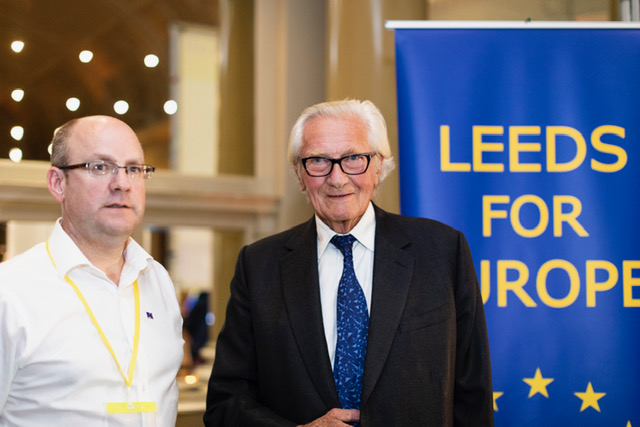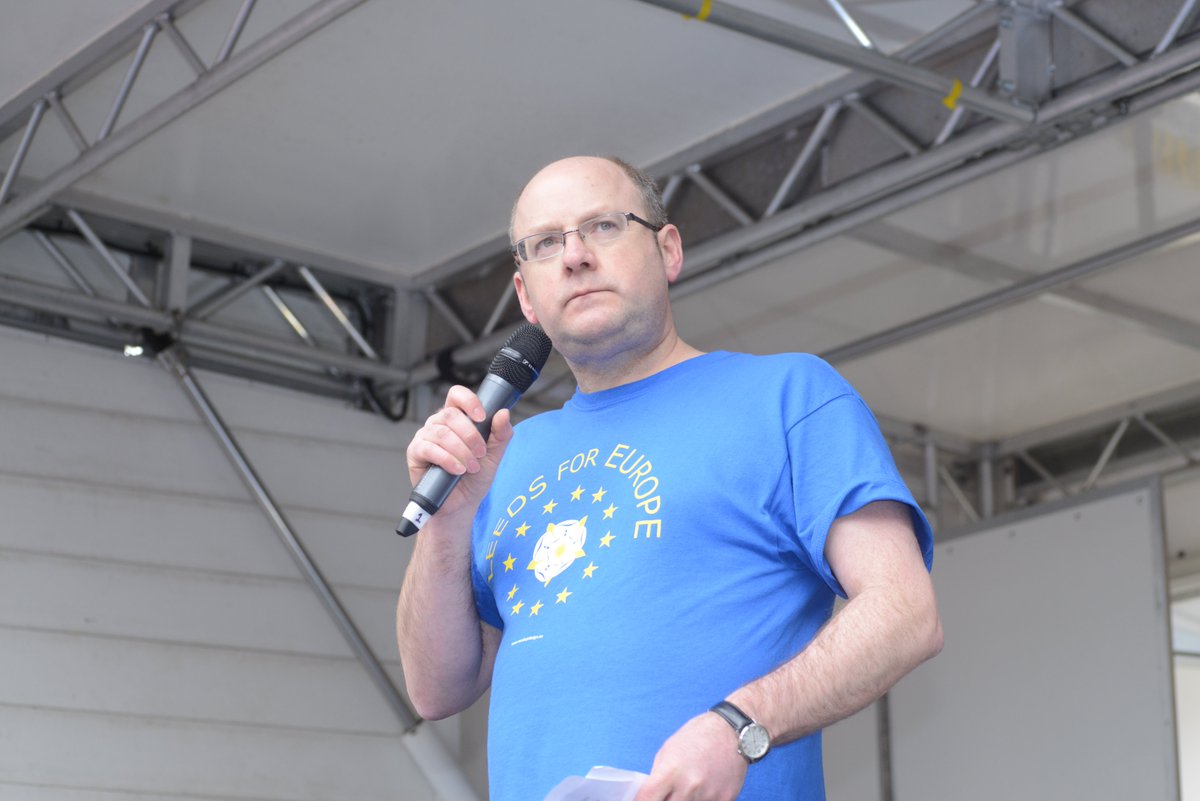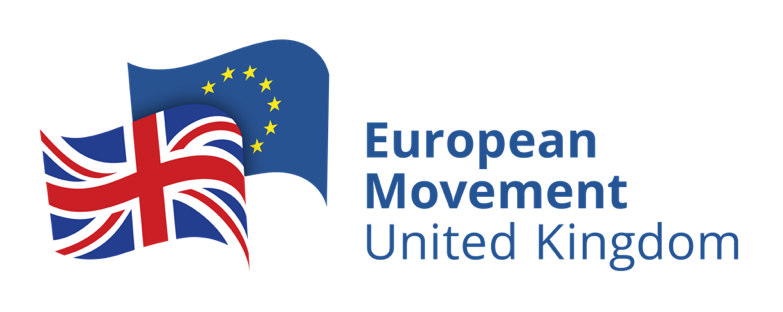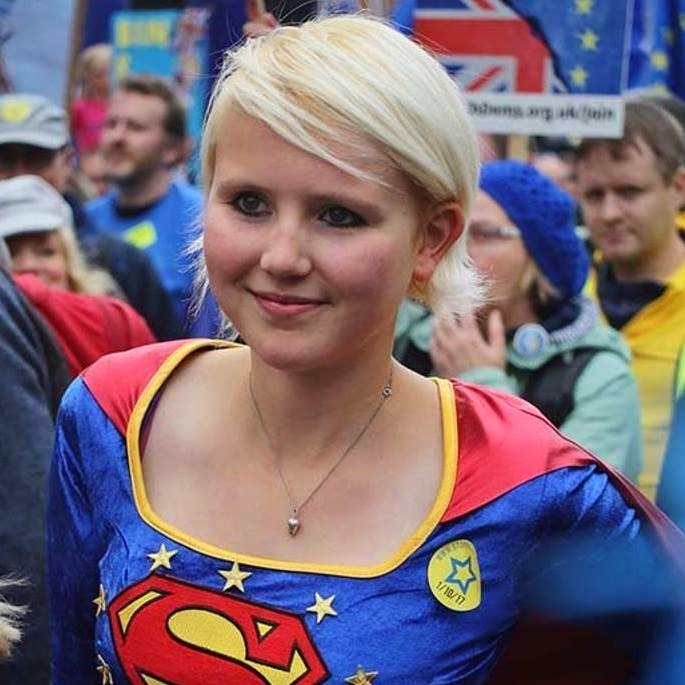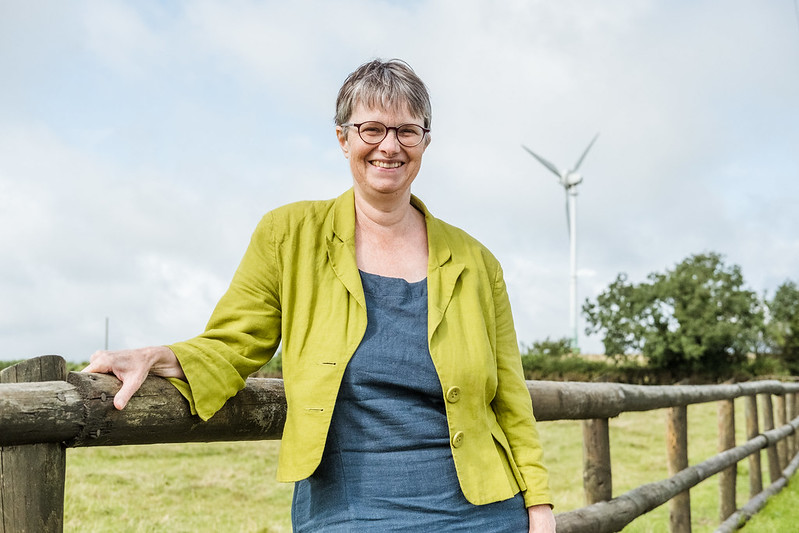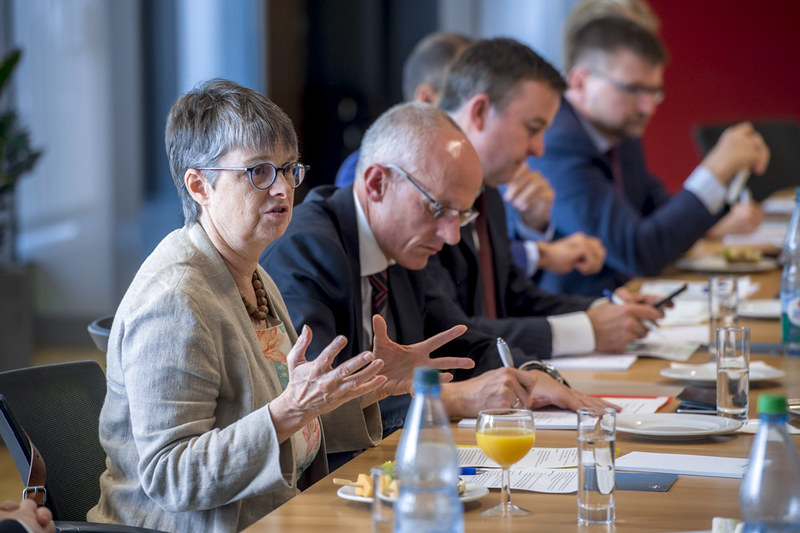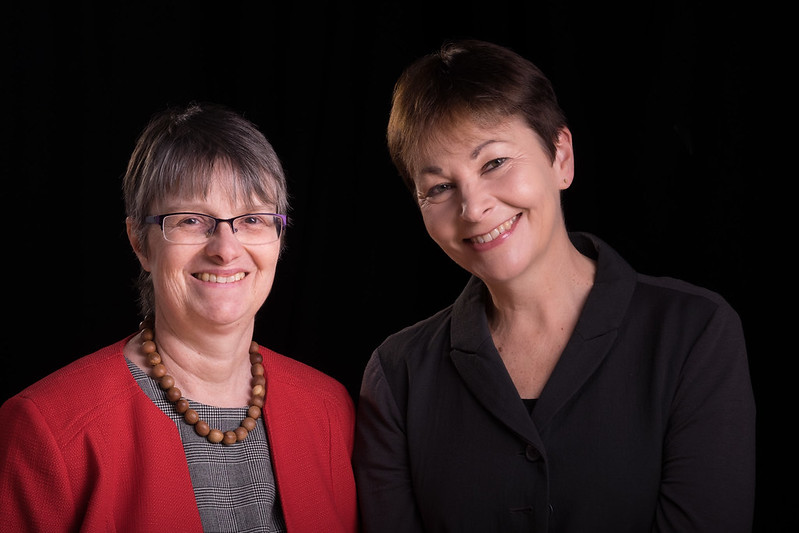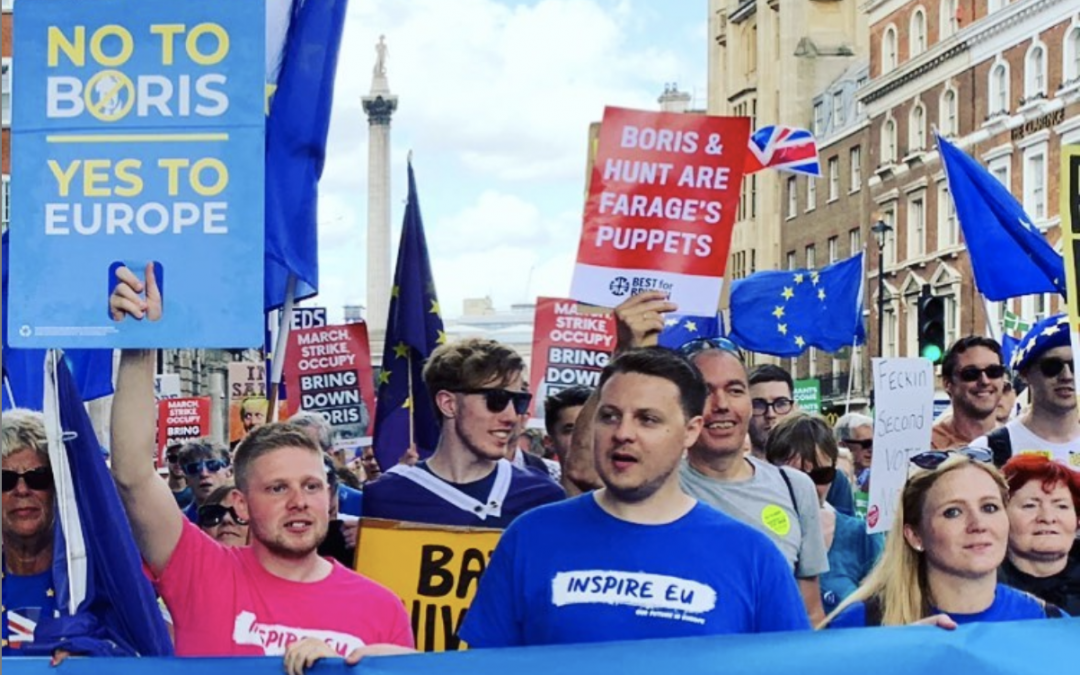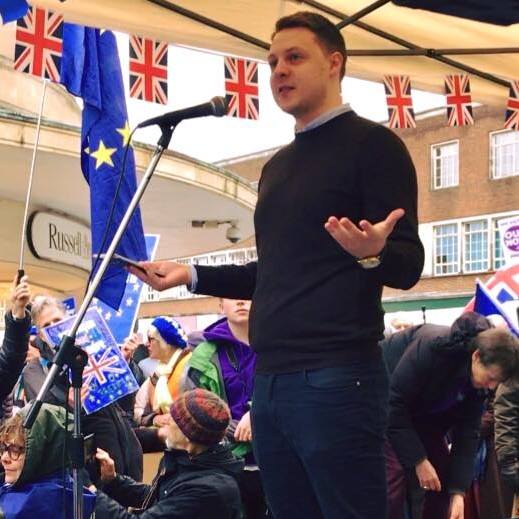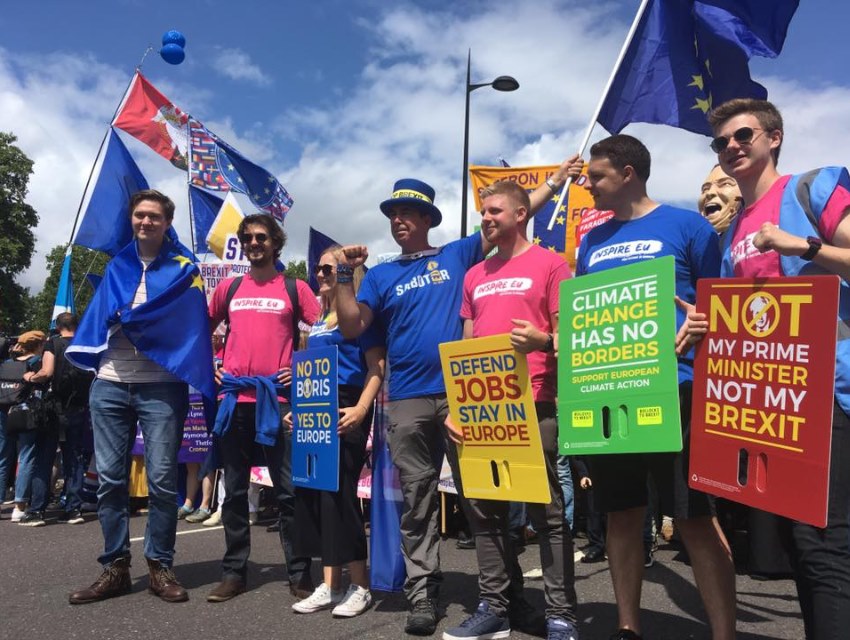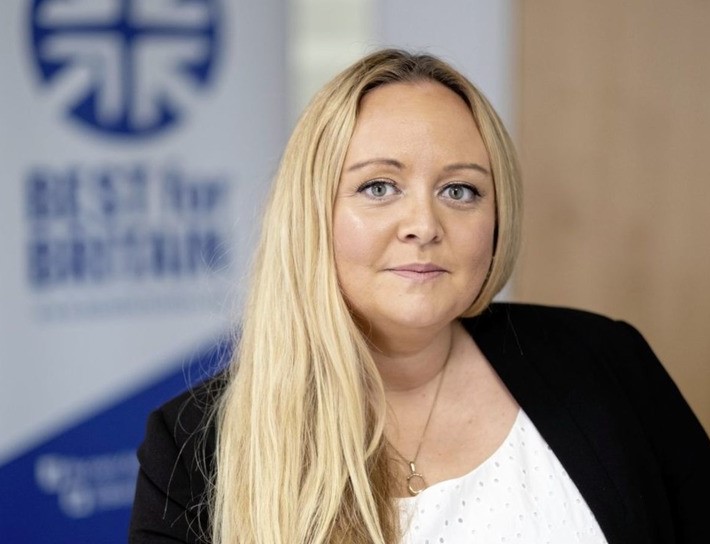
Bremainers Ask ….Naomi Smith, CEO Best for Britain
Naomi Smith has been CEO of Best for Britain since June 2019, having previously served as its COO.
Immediately before joining Best for Britain, Naomi was Executive Director of Campaigns at the business lobby group London First, where she organised the group’s campaign to stay in the EU, at the 2016 EU Referendum.
Naomi previously spent 15 years working in finance and accounting for companies including Arthur Andersen, Deloitte and the Chartered Institute of Management Accountants, as well as chairing voluntary groups.
Naomi also co-hosts the very popular Remainiacs podcast.
Many thanks to Naomi for taking part in our Bremainers Ask feature. Here are her answers to your questions:
Pat Kennedy: What can we all best do to make this Government accountable for the disaster that is Brexit?
Naomi Smith: Brexit is not done yet and, with the world in crisis, it’s more important than ever that we encourage the Government to delay the Brexit process, to give both Britain and our EU friends a realistic timetable with which to work.
Political accountability comes at the ballot box but, thanks to our first-past-the-post electoral system, Britain is a Remain country with a Leave Government. As fervent internationalists, our time is best spent working to ensure Britain and Europe remain as close as possible, with a view to rejoining the EU at some point in the future.
It is far better to act positively, making the strongest possible case for European integration, than find ourselves brooding about how to take revenge for the Brexit fiasco. To turn things around, we need to bring even more voters on side so that, come the next opportunity to hold the Government to account in an election, we have the upper hand.
In short, putting a pro-European Government in power would be the best possible way of holding all of Westminster to account – but not to ‘get our own back’. Rather, because that is what we believe is best for Britain.
Michael Soffe: Will Best for Britain throw their full weight behind any movement to Rejoin the EU?
Naomi Smith: The EU has many totemic elements for us: human rights, freedom of movement, internationalism, to name but three. Protecting these elements amid the current chaos is of the utmost importance.
We remain committed to the ideals of the EU and, ultimately, to putting Britain back at the heart of Europe.
The last few years have been tough for Remainers. The Brexit referendum result was a body-blow, and I was certainly not the only person to be left in tears when that result became clear.
The recent General Election was also a chastening experience – we helped encourage millions of citizens to vote tactically, for pro-EU candidates, but that was not enough. The huge marches, the remarkable campaigns, the fact that the majority of voters backed pro-EU parties … none of that was enough.
When the time is right, the fight to rejoin is a fight we will be at the front of. It should be at a time of our choosing, on a battleground of our choice. The lessons of the last few years must be learned, and we must find a way back to Europe’s top table.
Steven Wilson: Do you think that the current coronavirus crisis makes an extension to the Brexit transition period more likely, perhaps even inevitable?
Naomi Smith: By the time you read this, an extension may well have been agreed. It is neither reasonable nor desirable to expect the EU divorce process to be completed by December 31st, and nor is it acceptable for Brexit to be a distraction from battling coronavirus.
With civil servants reportedly being diverted from No Deal planning to coronavirus work, and with a Prime Minister facing the pressures of daily virus press conferences and Cobra meetings, it is clear that the system is being hugely stressed from top to bottom.
Coronavirus must take precedence – it is a global threat, after all, while Brexit is a much more localised disaster. It will take everything we have to get through the covid-19 pandemic, leaving Britain – and the EU – unable to focus properly on Brexit.
The 31st December Brexit deadline was always exceedingly ambitious, driven by the Government’s political will rather than any pragmatic reading of the challenges of divorcing us from the EU.
Now, it is patently ludicrous, and also unfair on all of those involved in the process. Videoconferencing is no substitute for face-to-face meetings, or the discussions that go on after such meetings have formally concluded. Even skilled professionals cannot be expected to perform at their peak if they are impacted by coronavirus, or worried about the effects it is having on loved ones.
One final point. Experts point to the risk of the virus hitting us in a second wave, near the end of the year… just when maximum pressure around Brexit and, particularly, a catastrophic No Deal Brexit, would be building. The Government has a chance to avoid such a calamitous confluence of crises and will surely enact a delay of some sort.
Tamara Essex: When Cabinet ministers claim there will be no checks with a new trade deal, are they generally aiming to mislead, badly informed or being completely unrealistic?
Naomi Smith: I can say with certainty that they are being unrealistic, because countless experts say so. Whether they are aiming to mislead or are badly informed is conjecture, and not something we should focus on.
Best for Britain is a data-led organisation; we look at the figures, gather the evidence, and then make our position clear. Discussions about whether politicians are misleading us are (let’s be honest) fun but they are also a dangerous distraction.
Politics is about presentation as well as policy, and facts get bent all the time. We might not like this, but it would be naïve to think it didn’t happen (pick your own favourite ‘fact that wasn’t’ from the Brexit campaign…).
As Guardian editor CP Scott said almost 100 years ago, comment is free … but facts are sacred.
John Moffett: Does Best for Britain have a role lobbying the EU to influence the future relationship or do you see its role as solely holding the UK government to account?
Naomi Smith: In the run-up to the General Election, we took a delegation of British MPs to Brussels to speak with senior counterparts from other countries, so we have form in building bridges between Britain and Brussels. Our aim is to do what is best for Britain, and that involves work behind the scenes, as well as the high-profile things we have been involved with such as marches and media appearances.
If us being a conduit between the UK and the EU strengthens the bonds between us, and accelerates the process of us getting back together, then it will have been time well spent. We are, after all, in this thing together
Many thanks Naomi for taking part. Next month we are delighted to be featuring Ian Dunt, Editor of Politics.co.uk & Host of Remainiacs.

